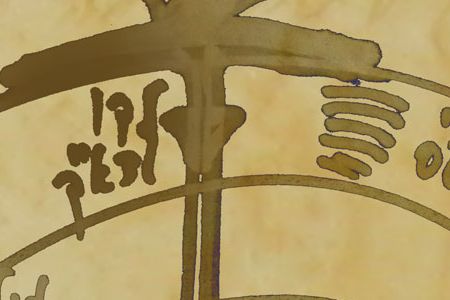Using the Book of Zohar to Rise to the Spiritual Reality
“On my bed night after night I sought him whom my soul loves.” The Assembly of Israel spoke before the Creator and asked Him about the exile, since she is seated among the rest of the nations with her children and lies in the dust. And because she is lying in another land, an impure one, she said, “I ask on my bed, for I am lying in exile,” and exile is called “nights.” Hence, “I sought him whom my soul loves,” to deliver me from it.
“I sought him but did not find him,” since it is not His way to mate in me, but only in His palace, and not in exile. “I called him but he did not answer me,” for I was dwelling among other nations, who do not hear his voice except for His sons. “Did ever a people hear the voice of god?”
“On my bed night after night,” said the assembly of Israel, Divinity. “on my bed I was angered before Him, asking Him to mate with me to delight me—from the left line—and to bless me—from the right line—with complete joy—from the middle line.” When the king, ZA, mates with the assembly of Israel, several righteous inherit inheritance of a holy legacy, upper Mochin, and several blessings are found in the world.
Zohar for All, Ki Tazria [When a Woman Inseminates], Items 1-3
We should try to translate each word in The Zohar into its spiritual, internal meaning, and not perceive it in its familiar, corporeal sense. If we remain with the corporeal meaning, we degrade the Torah from the upper world to this world, and this is not why it was written. We must aspire to rise through it from this world to the upper world.
Continue reading “Why Advancing Towards Spirituality Can Only Be Done with a Group”





